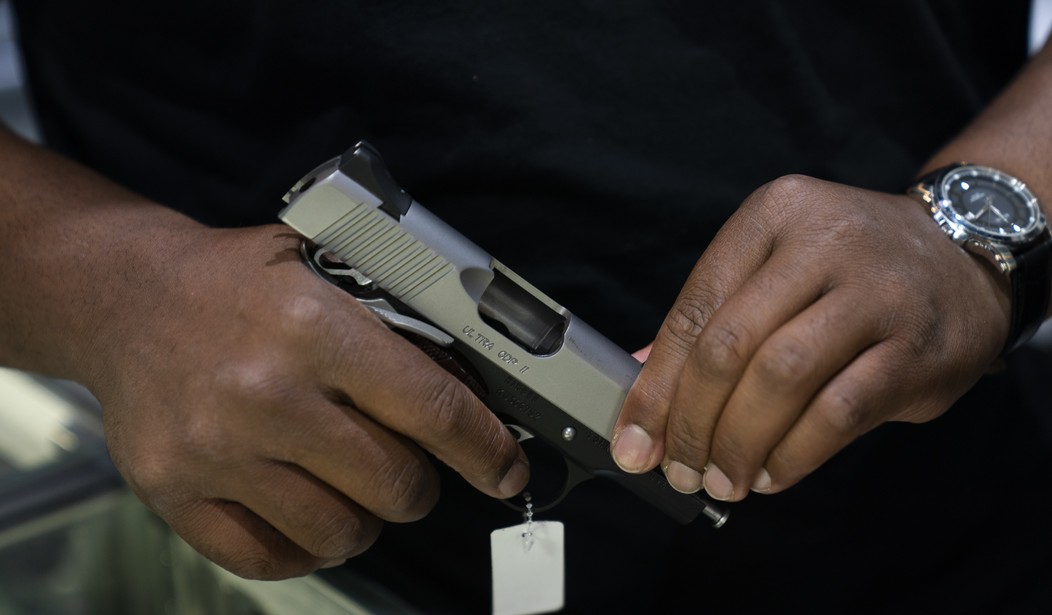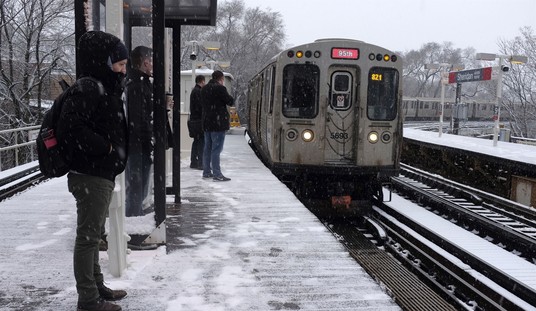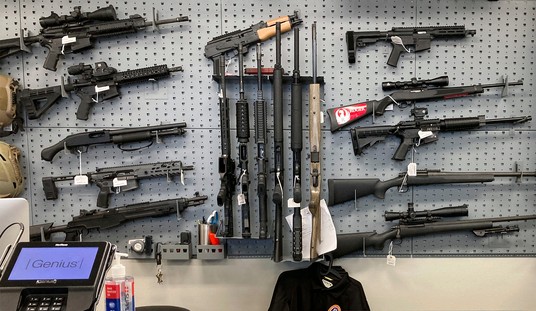When I see something from the Washington Post, I don’t expect a nuanced, understanding view of the difference between rural and urban points of view on guns.
Oh, there may be some kind of mention of it, but there’s almost always a focus on the urban issues with violence; as if the hicks in the sticks just need to suck it up.
But an op-ed recently does something different. It shows the rural point of view pretty well.
“Who is this strange-looking Black guy wanting to talk with us?” Jonathan McMillan asked us, a crowd of mostly White, mostly pro-gun residents here.
The visitor was McMillan himself, director of Colorado’s new Office of Gun Violence Prevention. We had gathered for McMillan’s recent “listening tour” stop in Cortez, held at the county annex building just off Main Street.
Over dinner, served from foil catering trays onto paper plates, many of the more than 100 attendees told McMillan and his team about their concerns, mostly centered on the potential disruption of what until recently has been gun-toting normality in the rural West.
Folks here have a lot of thoughts on gun-violence prevention, beliefs that likely do not align with those living in cities and suburbs. The gathering that night was occasionally tense, even rancorous, and it featured a lot of Second Amendment rhetoric that I find tiresome, but one value did bubble up that I think anyone could embrace: the need for education.
The message from rural dwellers with many reasons for gun ownership was clear: Don’t shun guns. Get to know them. Teach your kids about using them safely.
Pretty straightforward, to be sure, but there’s more.
See, we all know that anti-gunners exist. They exist in our own families, somewhere along the line. Yet the demonization of firearms, in general, has led to some…interesting issues.
During McMillan’s listening-tour stop, a grey-haired woman told him that her grandson called her “evil” for owning guns. She implored McMillan to bring hunter education back to schools and to “teach our kids not to hate guns.”I wish more urbanites and suburbanites could hear these passionate appeals to be understood, from a part of the country where guns may be plentiful but mass shootings are not. Of 291 mass shootings in the United States this year as of June 13, most occurred in cities and suburbs, the Gun Violence Archive shows. If we’re talking about bans, maybe we should ban every young man who lives within a 30-mile radius of a city center from buying a gun. I know that’s absurd, but it’s the lens through which many here see the issue.
I’m a Second Amendment advocate, so I don’t support such a thing, but there’s a valid point here that is illustrated with such a suggestion–an intentionally absurd suggestion.
Why should rural communities and gun owners be forced to suffer for the sins of the cities?
Why should people be told guns are evil when they’re nothing of the sort? More importantly, though, why are gun owners being painted as evil?
The piece above isn’t perfect, but the truth of the matter is that people in the rural areas own guns and most who do so will never harm a living soul with them.
Folks in the cities, however, tend to look down on those rural folks with disdain, in part because of their ownership of firearms. They get called backward, ignorant, and anything else that crosses their mind, but those people forget that most in rural America don’t have the same issues we see in Chicago or New York.
Violent crime happens, sure, but not on the scale we see in larger cities. Especially by raw numbers.
While gun control advocates argue that preemption needs to be done away with so local communities can decide their own gun control laws, it’s always about putting the most people under gun control, not allowing places like these rural communities to have less of it.
And that’s part of why there’s no eagerness to work with anti-gunners. They don’t want to respect gun ownership, they want to end it.








Join the conversation as a VIP Member